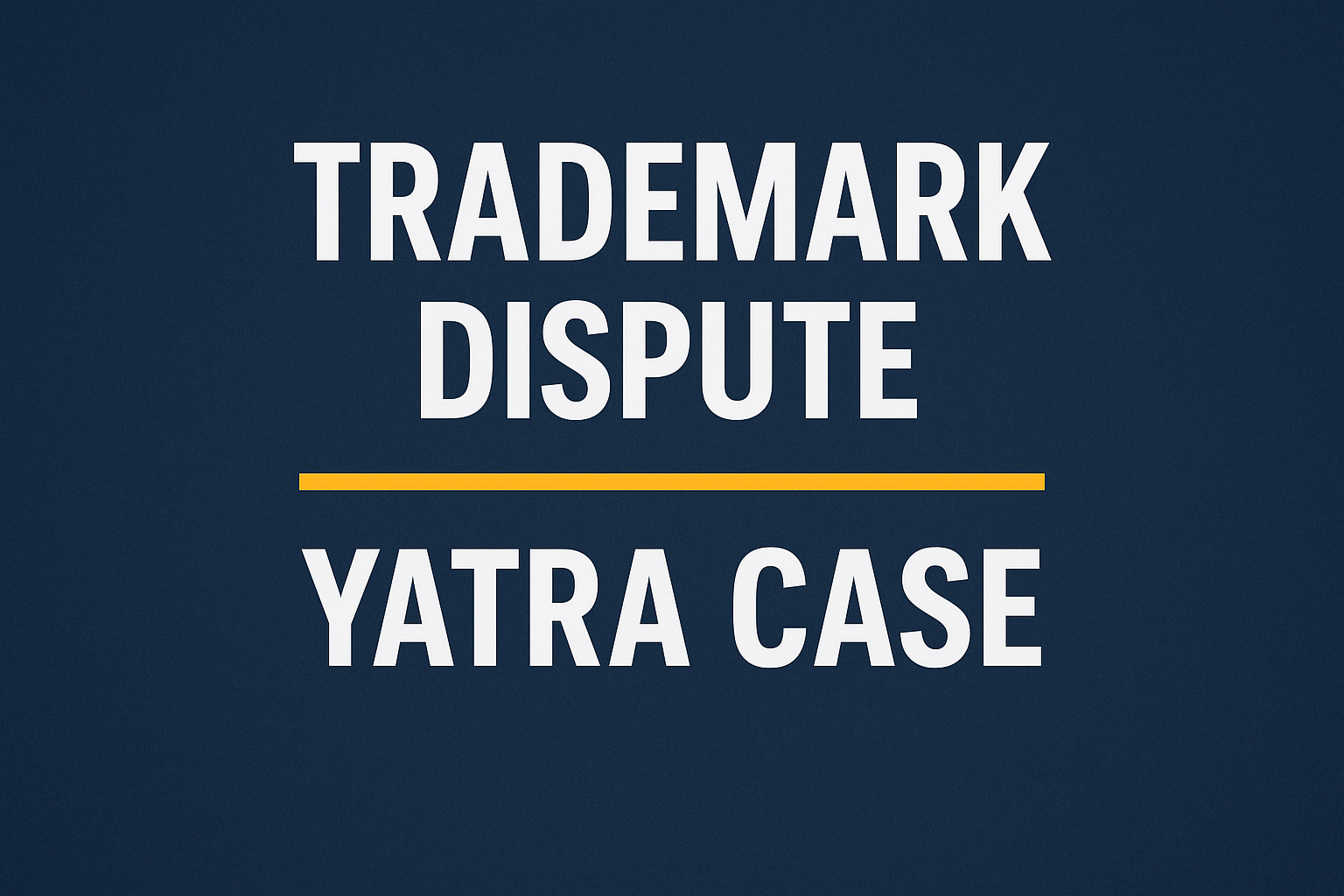In a significant move, the Indian government has rejected multiple trademark applications filed for the term “Operation Sindoor”. These applications, submitted shortly after India’s cross-border military action in May 2025, sparked widespread public outrage and legal scrutiny.
🔺 Background: What Is Operation Sindoor?
Operation Sindoor refers to a military operation launched by India on May 7, 2025, targeting terror camps in Pakistan and Pakistan-occupied Kashmir. The action came after the deadly Pahalgam terror attack, which killed 26 people, including security personnel and civilians.
The codename quickly became a symbol of national pride and military valor. However, its use in trademark filings triggered criticism for trying to commercialize a sensitive national event.
Learn more about India’s military operations.
📝 Trademark Race Begins
On the same day as the operation, at least four trademark applications for “Operation Sindoor” were filed with the Indian Trademark Registry under Class 41. This class includes services such as film production, education, and entertainment.
The applicants included:
- Reliance Industries (Jio Studios)
- A retired Air Force officer
- A Mumbai-based lawyer
- An individual from the entertainment industry
Class 41 under Indian Trademark Law
🛑 Reliance Withdraws Application
Facing public outrage, Reliance Industries swiftly withdrew its application. On May 8, 2025, the company clarified that the filing was inadvertent and made by a junior employee without authorization.
“Reliance has no intention to use or commercialize a term that reflects the courage and sacrifice of our armed forces,” the company said in a public statement.
Read the full Reliance withdrawal statement here.
⚖️ Government Rejects All Applications
On August 1, 2025, the Commerce and Industry Ministry confirmed in the Rajya Sabha that all applications related to “Operation Sindoor” were formally rejected.
This decision was based on:
- Section 9(2)(b) of the Trade Marks Act, 1999, which bars marks that offend public sentiment
- The Emblems and Names (Prevention of Improper Use) Act, 1950, which prohibits using military names for private gains
View the Trade Marks Act, 1999
View the Emblems and Names Act, 1950
🔊 Public and Legal Reactions
The trademark filings led to a strong backlash from civil society, legal experts, and political leaders.
- Many labeled the act as “moment trademarking”—a trend where individuals or companies rush to claim terms from national events.
- Legal experts warned this could set a dangerous precedent and harm the dignity of national operations.
- A Public Interest Litigation (PIL) has been filed in the Supreme Court, demanding that such terms be barred from commercial registration permanently.
Read more on India’s trademark ethics debate.
📌 What the Law Says
Indian Trademark Law prevents:
- Use of marks that hurt public order or morality
- Misleading names that imply government endorsement
- Registration of military or national symbols
Global Perspective:
Other countries like the US and UK also have provisions barring the trademarking of government or military-related terms.
Explore India’s IPR regime
Compare with US Trademark Law (USPTO)
🔍 What’s Next?
- All “Operation Sindoor” trademark applications have been officially canceled.
- The Supreme Court may decide on broader legal safeguards to prevent future misuse of national phrases.
- Industry experts call for clearer IP policy reforms to address ethical concerns in trademark registration.
📈 SEO Summary
Keywords: Operation Sindoor, Trademark Rejected, Reliance Industries, India Military Operation, Trademark Law India, Public Interest Litigation, Trade Marks Act 1999, National Symbol Trademark
Conclusion:
The rejection of the “Operation Sindoor” trademark filings sends a clear message: national identity is not for sale. As India navigates the complex balance between intellectual property rights and public sentiment, this case may well shape future IP policy.

